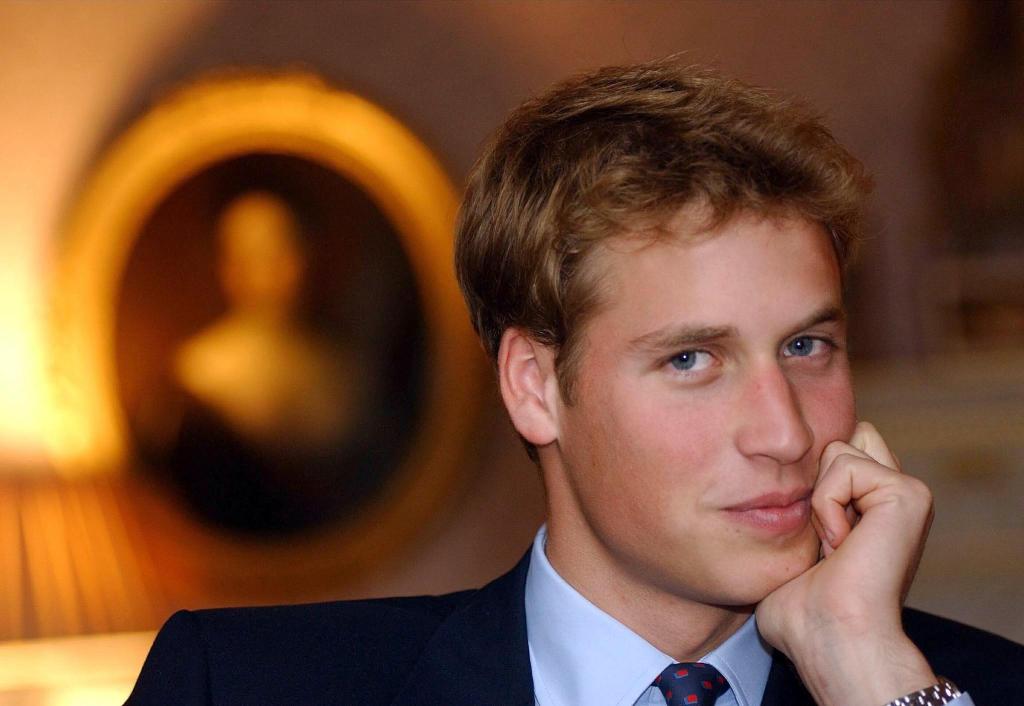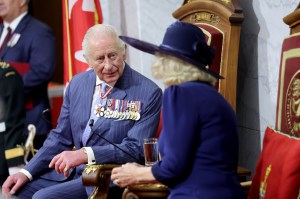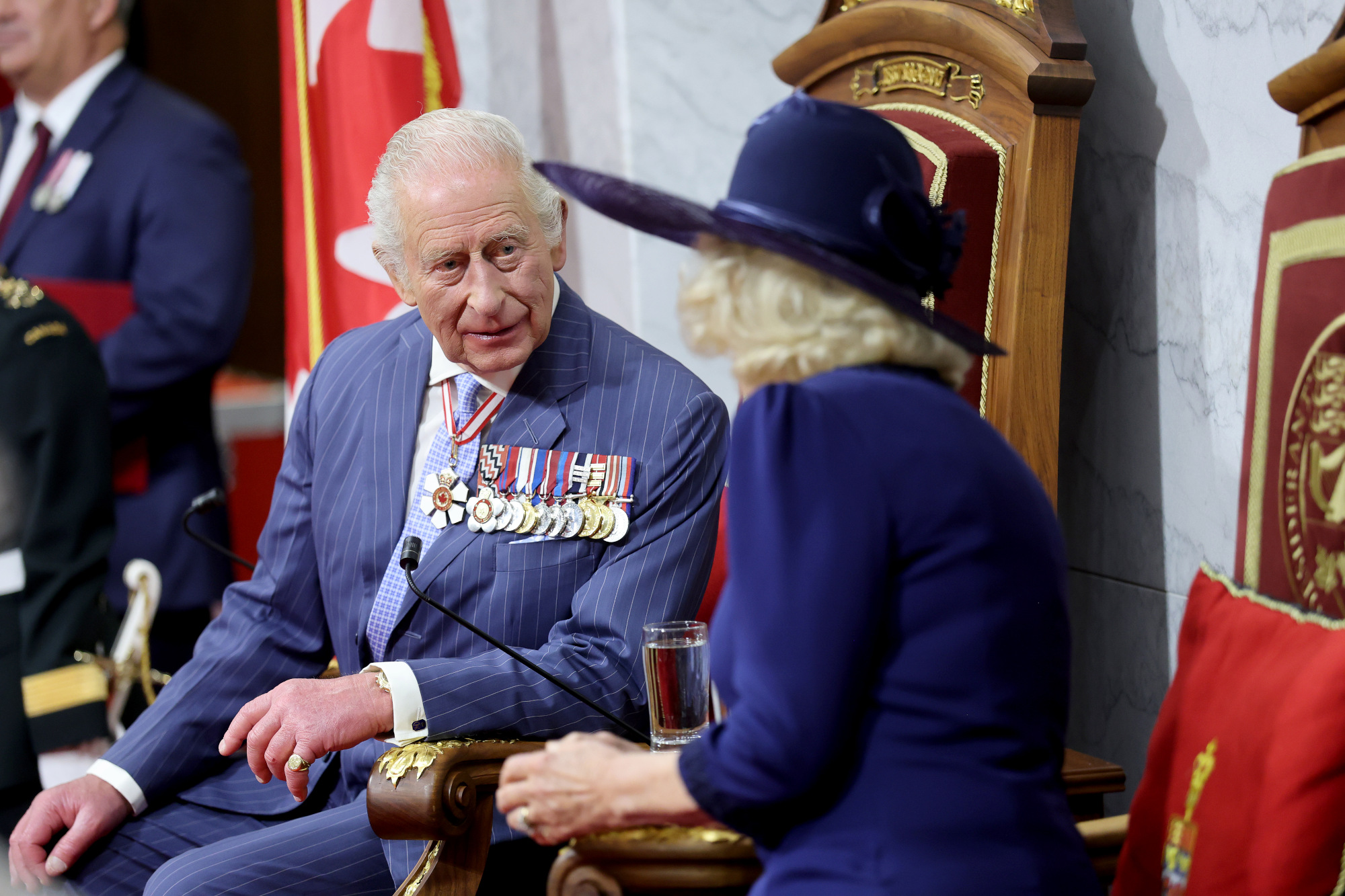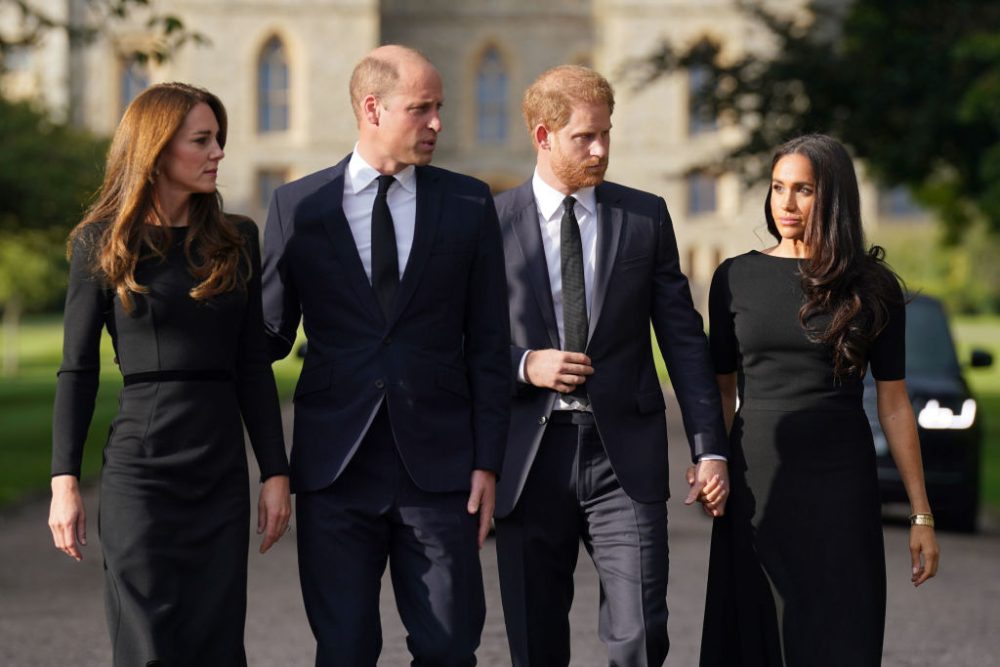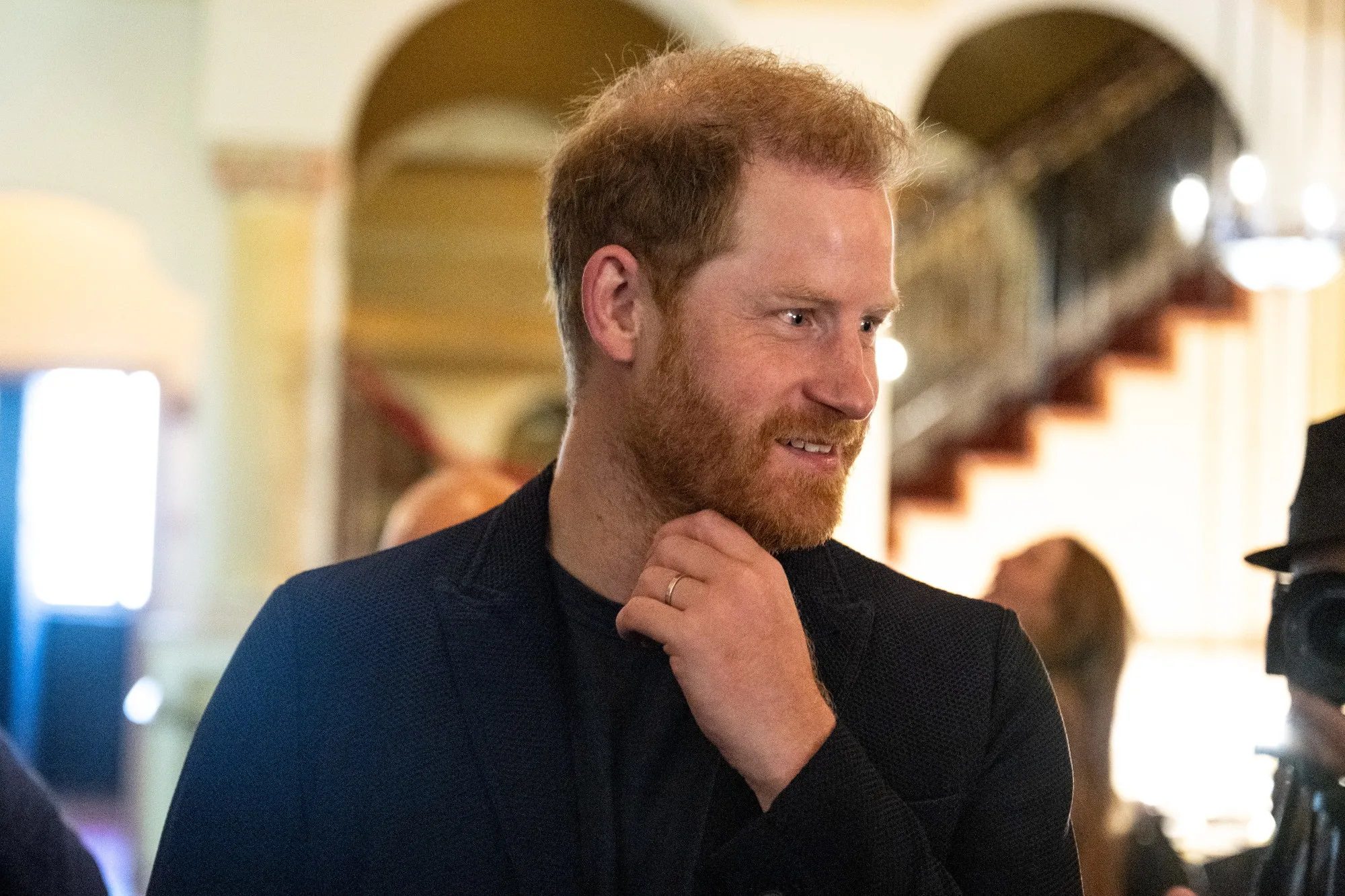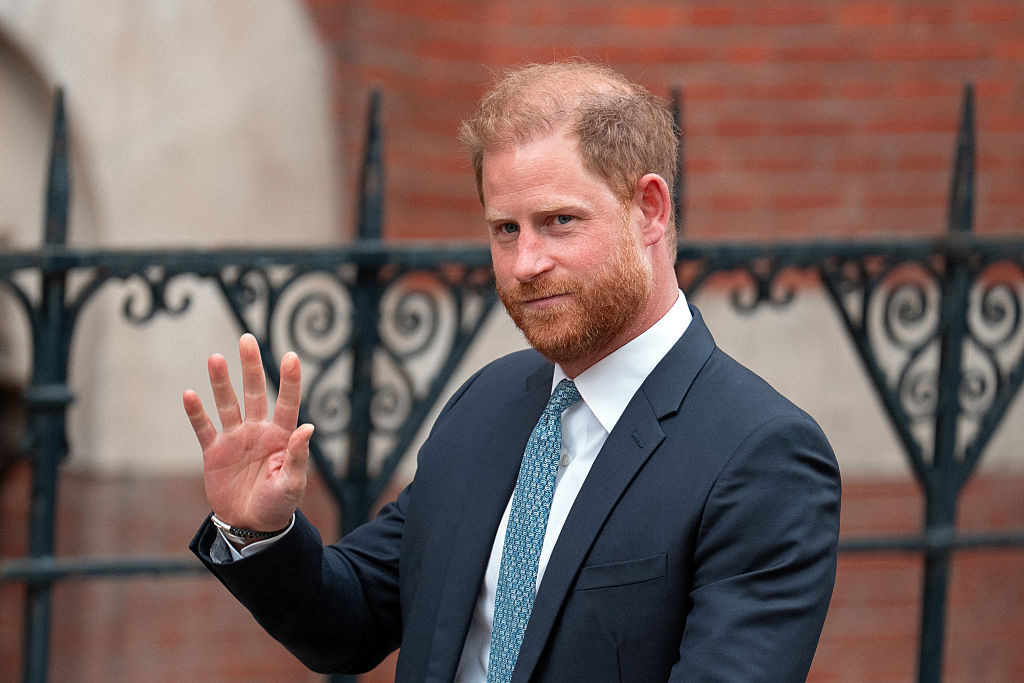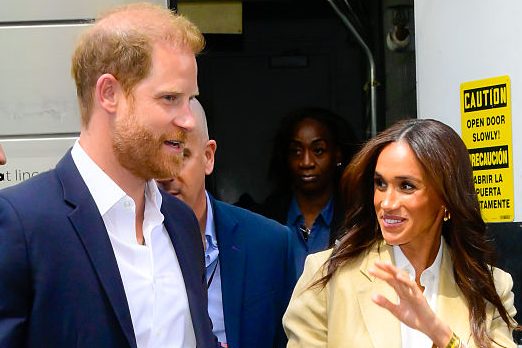The first time I saw the prince was in a teen magazine. He was grinning shyly in a candid photo that had probably been repurposed from a tabloid or a Buckingham Palace press release. The headline declared him to be my generation’s most eligible bachelor.
This would have been 1999 or so — long enough after Diana’s death that it wouldn’t be in bad taste to run a thirst profile on her eldest son, but necessary to prime the pump for royal romances to come.
Prince Harry, whose marriage would one day become an object of binational obsession, was only 14, and he still had that underbaked look of a kid who was knocking halfheartedly at the door of puberty but hadn’t been admitted yet. For teen girls in search of a crush object, there was only William: tall, intelligent, athletic and — you were meant to trust the magazine’s editors on this — a straight-up dreamboat in his native country. His royal pedigree was an afterthought, the article explained; most girls just wanted to snog him. (This was also my first exposure to the word ‘snog’.)
The William story was weird even in a world dominated by pre-packaged Tiger Beat cover stories in which stars like Leonardo DiCaprio and Jonathan Taylor Thomas titillated by posing for pinup photos and answering questionnaires about their favorite ice-cream flavor or perfect date. American girls were not exactly in need of assistance when it came to identifying a worthy crush.
This raised the question of who, exactly, was trying to convince us that William was some sort of international sex symbol. Certainly, nobody old enough to have been present for the last royal wedding was buying it. When I showed the article to my mom, she laughed and said, ‘That kid is going to look exactly like his father,’ her tone making clear that this was not a desirable outcome.
And yet, a seed had been planted: not just the notion that princes were desirable because they were princes, but that a truly worthy woman would think the prince was hot even if you forgot completely about the whole royal pedigree thing. It was a real-life test of character straight out of a fairytale, a reverse-Cinderella story. Could you be the heroine who fell in love with the prince even though he appeared to you as a pauper? Or a frog? Or a podcast host?
This theme has appeared in various pop cultural forms over the years: in the global obsession over William’s relationship with Kate Middleton, in multi-film franchises like The Prince & Me, in reality television series like I Wanna Marry Harry (or its American precursor, Joe Millionaire).
We saw it again just recently, when Meghan and Harry decided to step back from their royal duties in order to focus on life, liberty and the pursuit of Netflix production deals. Not only was Meghan not disappointed to find herself no longer married to the monarchy; she seemed to suggest that she preferred her husband in normal-guy mode, no royal perks attached. Harry was evidently styled to support this narrative, dressed in a nicely fitting suit, a shirt open at the collar, and with his hair and beard grown out to suggest ‘Gerard Butler as working-class action hero’.
The Oprah interview was a solid attempt at selling the notion of England’s princes as effortlessly, objectively attractive. Unfortunately, it may also have been the moment when the whole enterprise jumped the royal shark. Last week, a viral tweet declared that Prince William had been identified, scientifically, as ‘the world’s sexiest bald man’. Rather than agreeably nodding along, the public responded with full-on revolt.
Maybe it was the sheer audacity of the superlative (not just sexy, but sexiest, in the world). Or maybe it was just that we live in a world that contains Jason Statham, the real claimant of the bald king’s crown. Whatever the reason, this was the moment when the heterosexual female public seemed to reach breaking point, crying out in one voice to demand the discontinuation of this ridiculous, decades-long charade. To paraphrase a millennial favorite film (no, it’s not The Prince & Me): stop trying to make ‘sexy Prince William’ happen. It’s not going to happen.
It’s worth noting that the so-called ‘new study’ that confirmed William’s status as the world’s Premiere Bald Lust Object ultimately appeared to be some mix of contrived outrage, Twitter miscommunication and practical joke. Traced back to its source, the whole thing turns out to be a PR stunt by a company that sells hair transplants.
But if this is what it takes for the emperor’s-new-clothes narrative about sexy princes to die, then bring on the internet hoax. Beyond it lies a brave new world where princes are still desirable, of course, because they are princes, but where that — along with all the other immense privileges conferred by royal blood — is enough for them.



